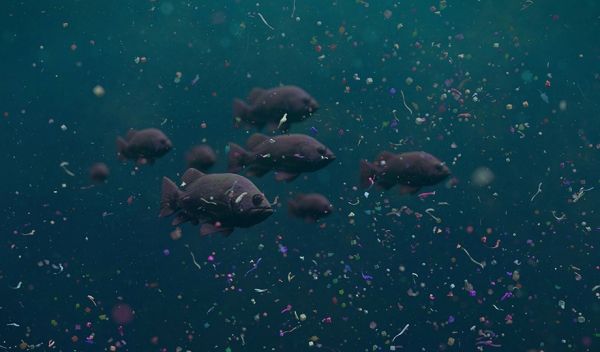Despite wide-scale media attention in recent years, and the so-called ‘Blue Planet’ effect set in action by Sir David Attenborough’s ground-breaking BBC series, most participants in the study were either unaware of microplastics, or viewed them as a distant problem, unconnected to their own plastic use.
“People struggle because microplastics are hard to understand in terms of how they originate, and it was difficult for most people to make the link between what they do on an everyday basis – say, using a plastic bag – and the idea that they could be responsible for plastics in the ocean,” said Dr Lesley Henderson, a reader in sociology and communication at Brunel University London, who published the study in the Marine Pollution Bulletin.
Researchers worked with six focus groups, which were broken down into categories such as ‘young mothers’ or ‘community centre helpers’, to try and discover whether the increased media coverage of microplastics was having a positive effect on public understanding.
Continue reading at Brunel University London
Image via Brunel University London


